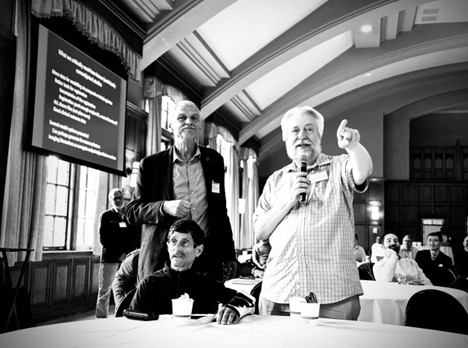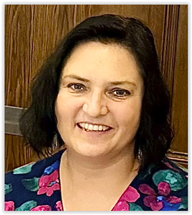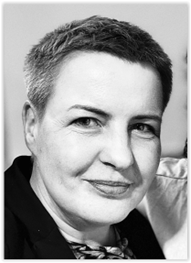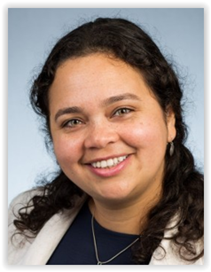Meeting in collaboration with ESTRO
Interest in, insights about and the need for multi-domain guidance for the delivery of reirradiation have all grown alongside clinical developments, but the published evidence has not kept up. It has become increasingly evident that a response to the clinical challenges requires the engagement of physicians, physicists, radiobiologists, and informaticians across a wide global span of professional radiation oncology societies. This realisation formed the background for the initiation of the international reirradiation collaborative group (ReCOG). The ReCOG initiative is a grass-roots, self-organised group of many professional experts with clinical and research experience in clinical reirradiation. The need for such a group was identified independently within multiple professional societies, but was particularly driven by chairs and participants in the highly successful physics ESTRO workshop that was held in Lisbon, Portugal, in 2022.
The inaugural ReCOG meeting took place in the University of Michigan, Ann Arbor, USA, on 16-18 May 2024. It was organised by a group of 30 international and multidisciplinary experts in collaboration with ESTRO, the American Society for Radiation Oncology (ASTRO), the American Association of Physicists in Medicine (AAPM), the Canadian Association of Radiation Oncology (CARO) and the Canadian Organizations of Medical Physicists (COMP). The meeting gathered 141 international reirradiation experts, who discussed the challenges involved in clinical and research aspects of reirradiation. The meeting agenda filled 2.5 days of plenary and break-out sessions, covering topics such as normal tissue dose constraints, dose accumulation, reporting guidelines, preclinical radiobiology research, data sharing, etc. Prior to the face-to-face meeting, multiple subgroups (for specific tumour sites and technical specialities, such as image registration or radiobiological modelling) had met online to initiate discussion among relevant experts and stakeholders. This shaped the programme and discussions in break-out sessions, at which participants were given space to present current knowledge, challenges and details of ongoing trials.
The meeting was focused on discussion and scientific exchange, to identify major knowledge gaps and to strive to determine key challenges for the community to address going forward. Throughout, time for discussion was prioritised over formal scientific presentations. The first day was focused on clinical challenges, the following day on technical and radiobiological challenges, and the final half-day on strategies to generate more evidence and data.
Based on the strong feedback from meeting participants on the continued need for international effort in this space, the steering and planning committees are in the process of establishing ReCOG as a permanent collaborative group among the involved professional societies. Editorials and papers that will report on discussions at the ReCOG meeting are in the pipeline, and longer-term projects are in the making.

From left to right, Søren Bentzen, Louis Constine (seated) and Andrew Jackson, discussing the path forward for reirradiation research
.jpg.aspx?width=250&height=250)
Nicolaus Andratschke, Zurich University Hospital, Switzerland

Dorota Gabryś, Gliwice National Institute, Poland

Ane Appelt, University of Leeds, UK

Eliana Vasquez Osorio, University of Manchester, UK